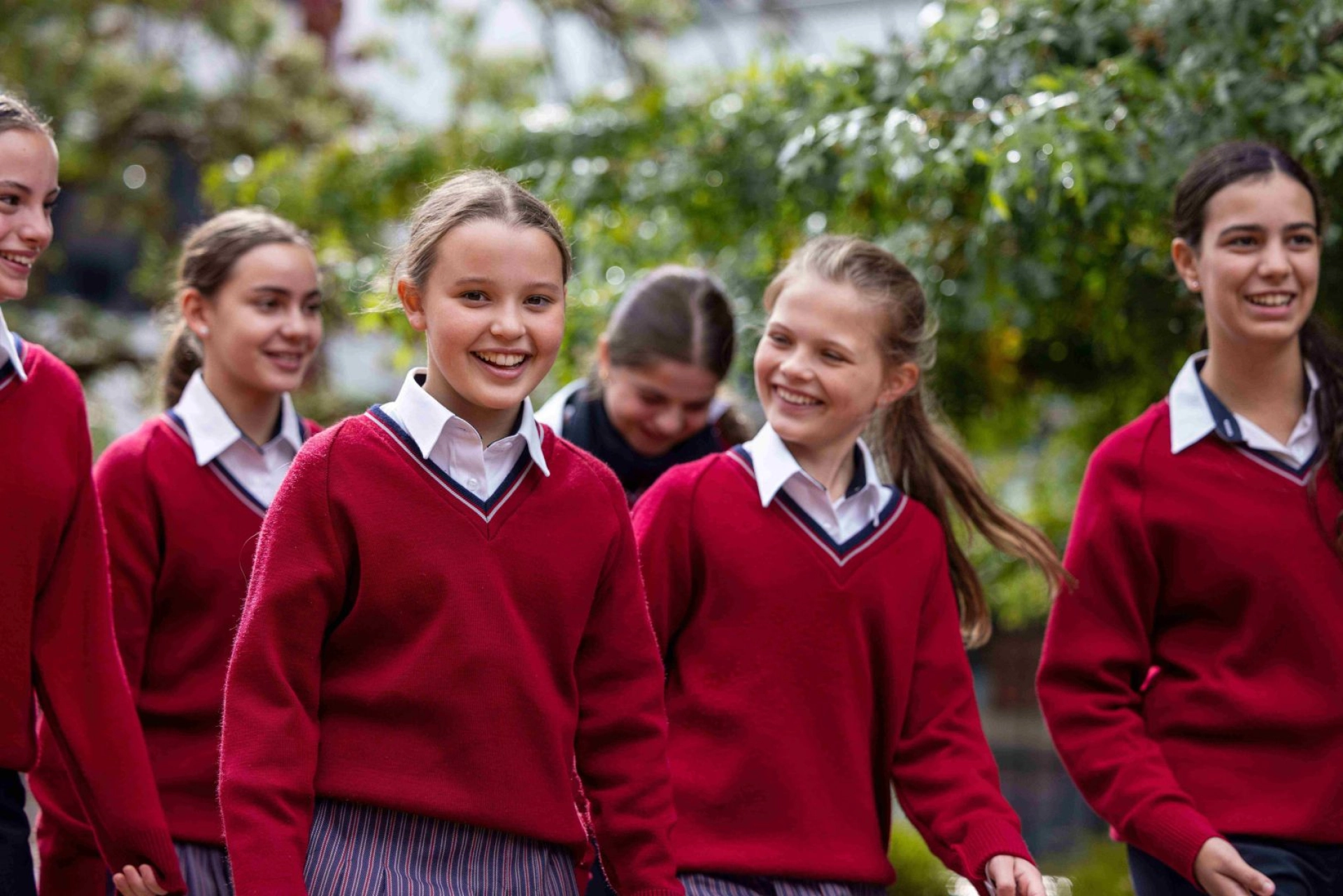We are in the season of Lent and our community is once again focusing on the work of Caritas and Project Compassion. Lent is a time of invitation and hope as we await the Resurrection. It is also a time when we are called to go beyond ourselves and to think of others. This year we include all those who live in the Ukraine in our prayers. We pray for peace and a just outcome. I have included below an excerpt from a media release from Catholic Religious Australia inviting us to renew our commitment to be agents of peace and justice:
“Pope Francis has warned us that those who wage war forget humanity, placing partisan interests and power before all else. This Ash Wednesday, may we draw close to the Ukrainian People in prayer and solidarity, deeply empathetic with the sufferings of our brothers and sisters during this impending humanitarian catastrophe,” said Peter Carroll FMS, CRA President.
“Ash Wednesday marks the beginning of the Lenten season, a time for individual and collective conversion as we journey towards the paschal mystery of the death and resurrection of Jesus Christ. May this day of fasting bring us to a renewed commitment to be agents of peace and justice, in our daily lives and in our world,” he added.
We will also continue our support for Caritas who has a strong focus on empowering people to overcome poverty and we encourage our students to think about how a small donation might change a life. I encourage all in our community to support this effort to give to those in need.
Today we held our annual OLMC Swimming Carnival. We were blessed with wonderful weather which contributed to a wonderful atmosphere. The Year 12 leaders and all Year 12 students kicked off the day with the traditional parade. Watching young people so enthusiastically participating in competitive swimming, novelty and cheering events was such a joy. Congratulations to all students who attended for their commitment and school spirit. We will eagerly wait to see which house takes home the trophy.
In the coming weeks Our Lady of Mercy College is delighted to offer you an opportunity to experience a lifetime memory with your child at the Time and Space events for a significant adult male and Year 8 child to be held on March 15 and a significant female adult and Year 7 child to be held on Tuesday March 22. The nights are designed to provide an important moment for both adults and young people to share and we look forward to seeing as many of you as possible at the events. I have included this link to a testimonial from some men who participated last year, it can also be found on PAM.










